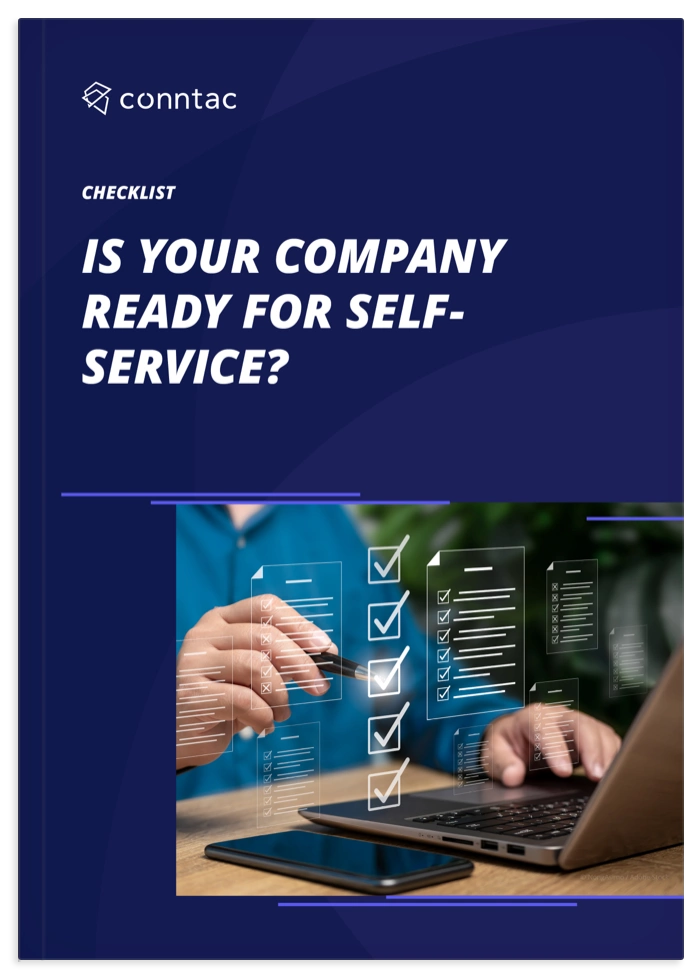What are self-service apps?
Self-service apps are applications that enable users to perform certain tasks or services independently and without direct human interaction. These apps offer intuitive user interfaces and self-help features to help users address their concerns or needs quickly and efficiently. They range from set-up assistants and problem-solving functions to individual account management and assistance with all service processes. Self-service apps are used in various areas such as customer service, finance, retail, telecommunications, and travel and tourism management. They're revolutionizing the way we interact and use services.
What are the benefits of self-service apps?
Self-service apps offer a variety of benefits for customers and companies. They enable a significant increase in efficiency as they reduce waiting times and manual processing. Customers benefit from the opportunity to complete tasks independently, which saves considerable time. The intuitive user interface and personalized features improve the user experience and ensure seamless interaction. In addition, automating processes through self-service apps enables companies to reduce costs. By being able to perform certain tasks and services independently by users, resources are freed up that can be used for other business aspects. Overall, self-service apps offer a win-win situation by allowing both customers and companies to benefit from the various advantages.
In which areas are self-service apps used?
Customer service:
- Handling inquiries, complaints or orders
Finance:
- Banking transactions, such as transfers, account monitoring, and payments
Retail:
- Purchases, orders, or product information via self-service kiosks
Telecommunication:
- Self-administration of contracts, tariffs, billing or technical support
- furnishings of the Internet connection
- problem-solving and analysis of connection problems
- WiFi optimization for better signal strength
- Speed tests to check the Internet speed
- individual router configurations
Travel and tourism:
- Online bookings, check-ins, flight changes or travel information
Health care:
- Make appointments with doctors or medical institutions
- Review of test results or medical reports
- Insurance claims management
Education:
- Online registrations for courses or events
- Access to learning materials or online courses
- Managing tuition fees and payments
Utilities:
- Managing electricity, water, or gas bills
- Reporting meter readings
- Setting up or modifying services
- Monitoring energy consumption and costs
- Energy saving tips and advice
- Integrate smart home devices to control energy consumption
Insurance:
- Online insurance contracts and renewals
- Claim reporting and processing
- Access to insurance documents and information
Real estate:
- Online search for real estate listings
- Make appointments for visits
- Managing rental contracts or payments
Human resources:
- Employee self-service for payslips and tax documents
- Submitting an application for vacation or changes in working hours
- Access to employee handbooks and internal resources
Public administration:
- Applying for IDs, licenses, or permits
- Report problems or concerns to local government
- Access to government benefits and support
Automotive industry:
- Buying or leasing vehicles online
- Make appointments for service or repairs
- Access to vehicle documents and information









